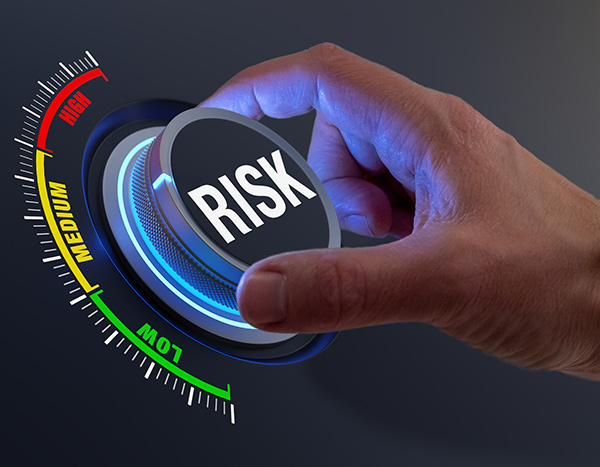FINANCIAL CRIME RISK ASSESSMENT SERVICES
Globally, financial crime laws have moved to a risk-based approach requiring businesses to conduct risk assessments to identify where their vulnerabilities to financial crime are. The assessment, including assessments of its controls is then used as the basis to enhance its control framework and close off its vulnerabilities.
